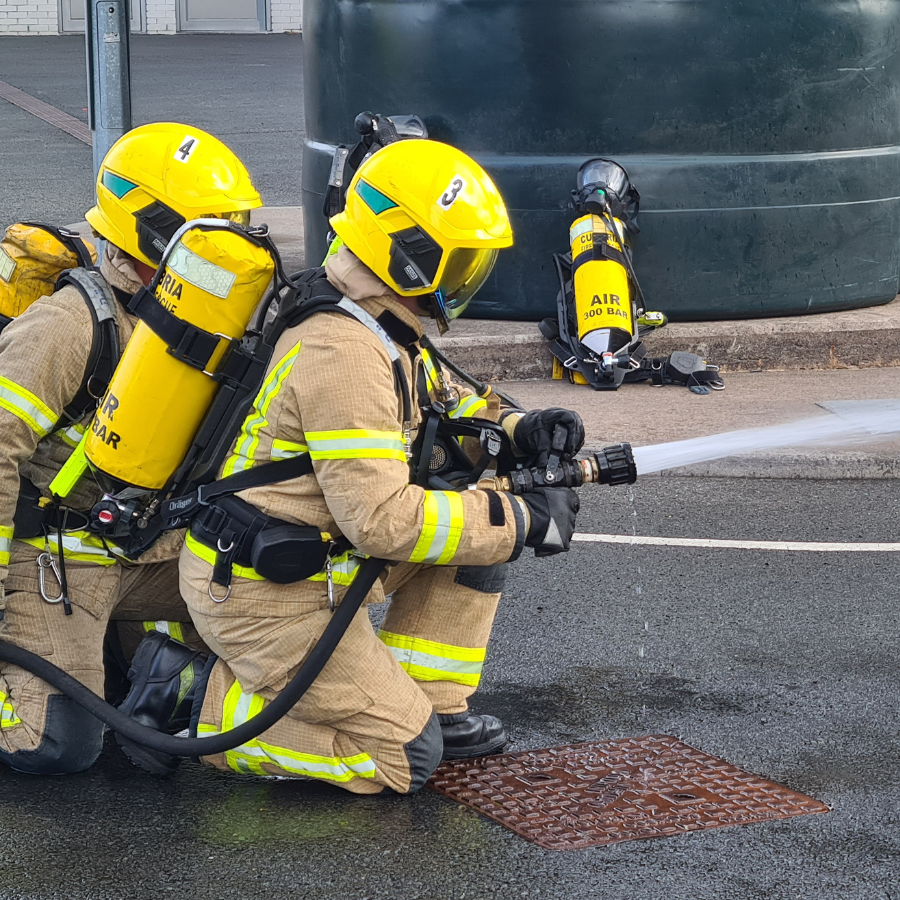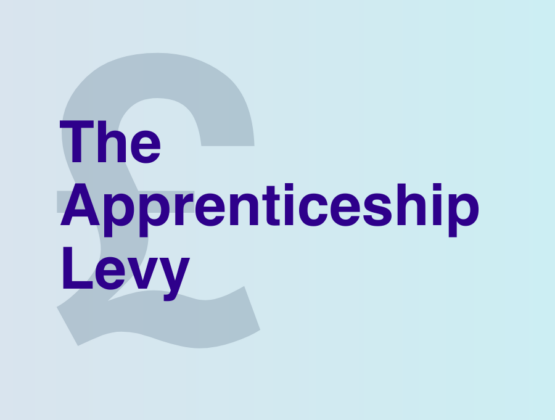Published by Skills for Justice
Apprenticeship End-Point Assessment – it’s something to consider right at the start
Date 10.09.19

With many apprenticeships taking 3, 4 or even 5 years to complete it would be easy for employers and training providers to take ‘end-point’ assessment on face value, that is, something to think about at the end of the apprenticeship. Something to plan for further down the line; a future consideration. However, to do so would be neglecting to fully prepare apprentices.
In this article we’ll look at what makes end-point assessment so important and how managers can ensure that they are planning for success.
End-Point Assessment is a central feature of new apprenticeships in England. It is mandatory and measures are in place to ensure apprentices take the End-Point Assessment. Designed by employers, an end-point assessment plan specific to each apprenticeship sets out the requirements for testing apprentices synoptically at the end of the apprenticeship.
The employer, with support from the training provider then makes the decision on when the apprentice is ready to attempt the end-point assessment, the assessment itself must be an independent judgement of the competence of the apprentice.
End-point assessment is new and different.
For one, it’s a synoptic assessment, which means that end-point assessment will holistically test the breadth of knowledge. Skills and behaviours developed throughout the apprenticeship and is therefore a measure of the apprentice’s competence to do the job;
Succeed with the end-point assessment and the apprentice is demonstrating that they’re job-ready
In many sectors, continuous assessment and credit accumulation is the well-established method of incrementally building knowledge and skills for new employees and sometimes may lead to the attainment of a qualification.
The notion that a one-off test at the end of the programme, testing the whole breadth of the apprentice’s knowledge, skills and behaviours might be challenging to our thinking and it is sometimes referred to as a ‘high stakes’ assessment. Of course, End-Point Assessment neither replaces ongoing assessment throughout the programme nor does it replace the need for apprentices to complete a regulated qualification (if this is stipulated in the standard). End-Point Assessment is a different animal and to ensure success, is one which employers, apprentices and training providers need to plan for well in advance.
A wide range of assessment methods are included in end-point assessment plans and vary between apprenticeships which means that you need to prepare apprentices for the exact assessment activities they will face. The type and number of assessments, duration, location and materials that the apprentice may have to prepare ahead of the assessment will all be specified in the end-point assessment plan.
An end-point assessment organisation is responsible for administering the assessment and for appointing and managing the independent assessors. Employers will work with their chosen training provider to select an end-point assessment organisation.
Here are some questions for managers to help you plan for success:
1. When do I need to start thinking about end-point assessment?
The simple answer is as at the point of procuring the provider. Consider end-point assessment as integral to the apprenticeship and not as an add-on. End-point assessment is something that needs dedicated planning from the beginning. Success in the end-point assessment should be the goal you have front and centre of mind when selecting the provider and planning the apprenticeship programme, ensuring there are tools and time set aside for the apprentice to become confident ahead of the assessment. As an employer you are responsible for knowing when your apprentice is competent and ready to take the end point assessment.
2. Where do I start to understand what end-point assessment my apprentice will be doing?
Get familiar with the end-point assessment plan which will be specific to the apprenticeship standard your apprentice is completing. These can all be found at on the Institute for Apprenticeships’ website. It may sound obvious but read it and read it again. Making sure that you know what the end-point assessment will consist of will help you to plan for preparations that need to be made before the ‘gateway’ to end-point assessment. This means that you will be able to speak with confidence to your training provider and apprentice.
3. What should I expect from the training provider?
Speak with the training provider regularly so that they know that you understand the importance of end-point assessment and that you will be working with them throughout the apprenticeship to prepare your apprentice. Expect them to be talking to your apprentice about end-point assessment from day one. Be proactive in selecting the end-point assessment organisation; there is a choice for most, although not all, apprenticeships. End-point assessment organisations will provide practice assessments; expect your training provider to use them to prepare your apprentice well in advance.
4. How do I best support my apprentices?
Most apprentices will readily understand the requirement for continuous assessment throughout their apprenticeship and some may be enrolled to complete a regulated qualification whilst on their apprenticeship programme. But most apprentices probably won’t understand the requirement for end-point assessment and what it means.
- Be upfront about the mandatory requirement to complete a high-stakes assessment at the end of their apprenticeship.
- Be supportive and provide them with time away from the immediate demands of the workplace to complete practice assessments.
- Provide apprentices with the opportunity to experience End Point Assessment in as near real-life situations as possible.
- Involve the apprentice in decisions about their readiness for end-point assessment and
- Where appropriate, involve your apprentice in the practical arrangements for assessment day(s).
To find out more about how we can help with apprenticeships. Or alternatively, contact us today to find out how we can help.
Sign up to receive news and updates from Skills for Justice
"*" indicates required fields






